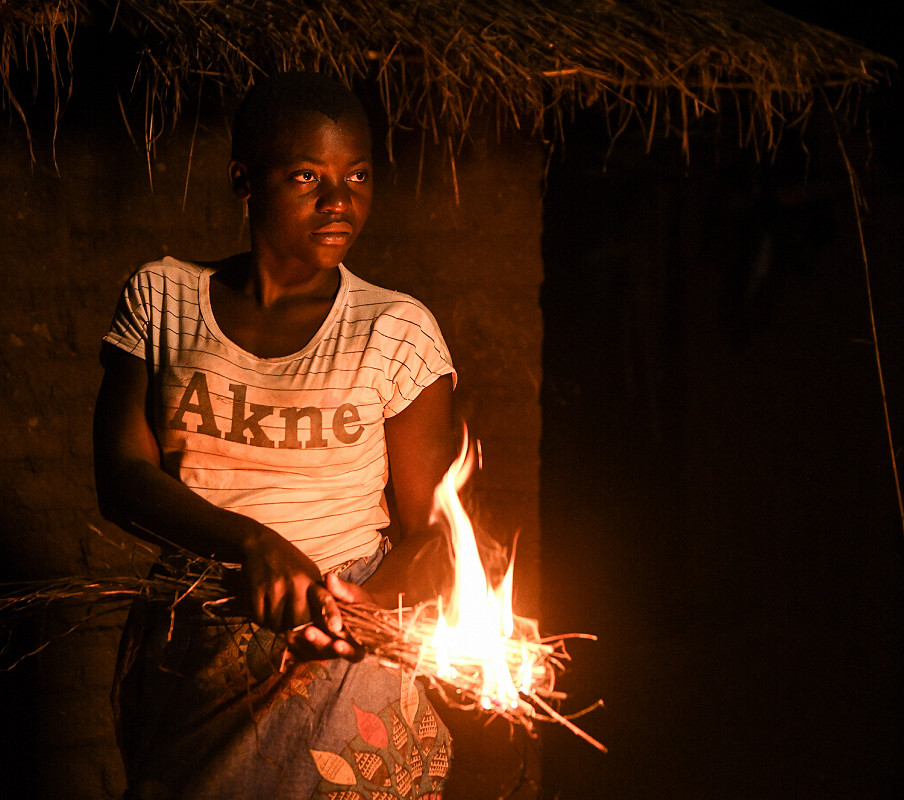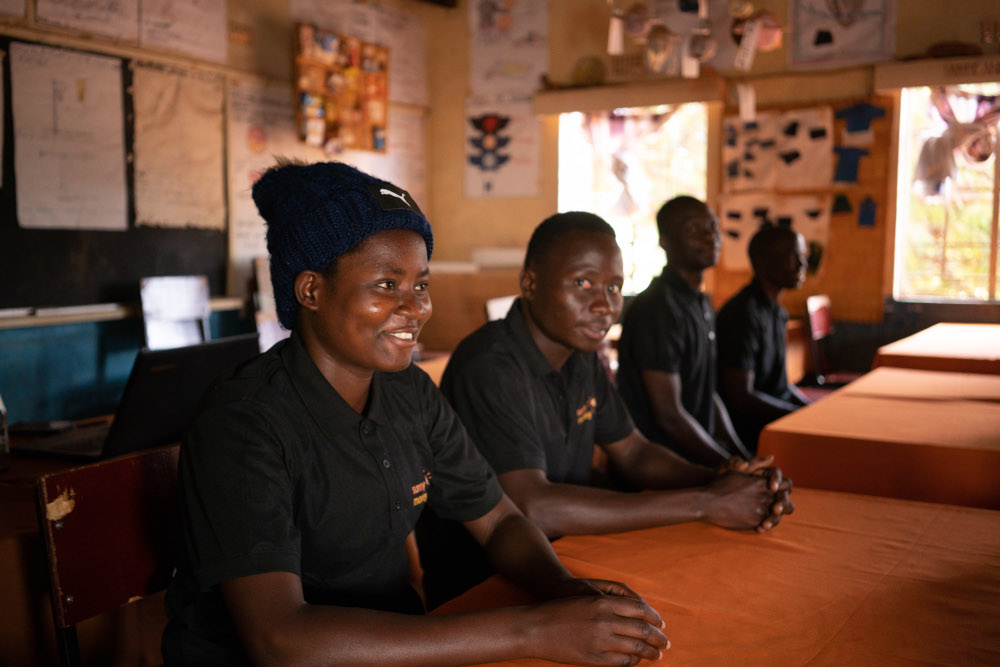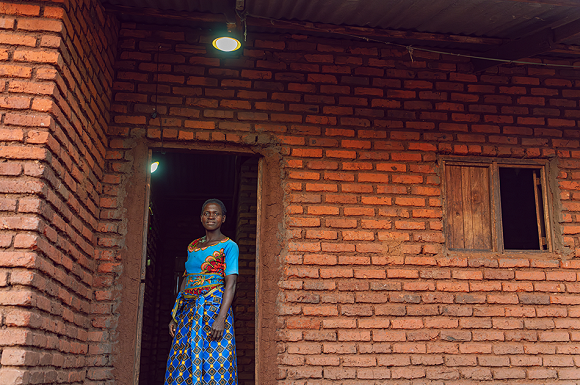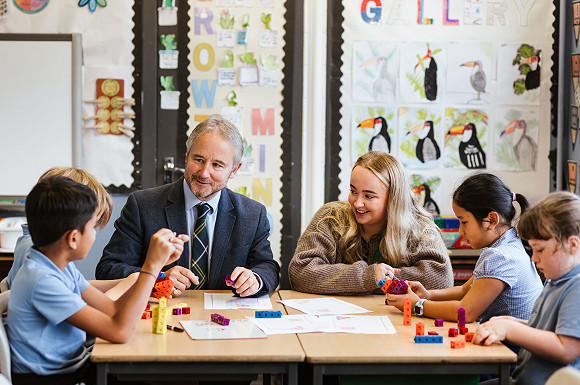10/09/2021
SolarAid launches new pilot to find sustainable model for deploying solar lights in Africa

SolarAid, one of our charitable partners, is launching lighting systems in 500 homes in Kasakula, Malawi this month as part of its Light a Village pilot, backed with the Turner Kirk Trust.
Lack of affordable, clean, and safe lighting is an enormous problem throughout Africa, and only 4% of rural Malawi is connected to electricity. This innovative new pilot, which we are proud to have funded, aims to discover a commercial model to get solar energy to more of these rural communities across the continent, with the goal of lighting up all of rural Africa by 2030.
Access to energy is fundamental in improving quality of life and is key for economic development, which is why we provided a donation of £75,000 earlier this year to launch the pilot. We wanted to support and encourage SolarAid to take risks and hopefully discover innovations on the road to eliminating energy poverty completely. We are now seeing it come to fruition, with the pilot being rolled out across the entire Malawian village.
“There are millions of families currently without access to safe, clean sources of light, and what seems like a small innovation might be life-changing for a huge portion of the population.”
We gave the scheme ‘Permission to Fail’, meaning that SolarAid is able to experiment, test and trial new methods to put an end to this problem in the not-too-distant future. SolarAid looks to blend charity and enterprise to aid in their discovery of a sustainable business model that has 100% penetration, making green energy available everywhere in super-rural Africa.
From the week of 13 September, lights will be provided to every household in Kasakula, with each customer received a period of free lighting. They will then be able to pay for energy on a pay-as-you-go basis – at a cheaper rate of more unclean and hazardous lighting sources such as kerosene lamps.
Since its launch in January this year, SolarAid has established strong ties with partners in the region to aid in the implementation of the pilot, including the Department of Energy and Local Chiefs. They have aligned with the District Council’s Government Development Priorities, while the District Education Manager has also provided a Teachers Development Centre which will act as an operation centre at the pilot site.
A 10-strong team of Customer Service Representatives has been recruited and trained to support the pilot, and SolarAid has completed a survey to better understand the area’s socio-economic situation, both of which will assist in developing a scalable expansion model.

“Solar is very, very important in terms of education, because it helps learners, and us teachers, to prepare enough during the night. So, lights are crucial to our work.”
JOHN KEANE, CEO OF SOLARAID, SAID:
“We are very excited about seeing this new, innovative project coming to life. We are hoping this will give us a sustainable model we can develop and replicate as we are working towards our mission to light up every home, clinic, and school in Africa by 2030.”
DR. PATRICIA TURNER, CO-CHAIR OF THE TURNER KIRK TRUST, SAID:
“An increase in the uptake of solar energy across Africa can provide far-reaching benefits. There are millions of families currently without access to safe, clean sources of light, and what seems like a small innovation might be life-changing for a huge portion of the population, so we are delighted to be able to support this pilot.”
DR. EWAN KIRK, CO-CHAIR OF THE TURNER KIRK TRUST, SAID:
“Light a Village represents a landmark step in fighting back against energy poverty in rural Africa. Not only will this pilot help provide a safe, sustainable way of lighting hundreds of homes, its success could lead to the discovery of a method to roll lighting out across the continent, amplifying its effect exponentially.
“This pilot follows on from the creation of the SunnyMoney ‘Brains’ unit, which we initially backed because we know that only through trying, and possibly failing, can charities like SolarAid solve difficult issues like reaching all of rural Africa with clean light sources.”

The benefits that solar lighting can provide in rural communities cannot be understated. William Chris Banda is the head teacher at Chiko 2 School in T/A Kasakula, Ntchisi, where a lack of reliable, affordable light sources creates difficulties for teachers and students alike. Teachers in this area cannot effectively prepare for class, while students lose crucial studying hours.
“Solar is very, very important in terms of education, because it helps learners, and us teachers, to prepare enough during night. So, lights are crucial to our work. So solar is a very, very important thing nowadays.
“So It’s difficult [for me to work], I use my cell phone. I use the torch on my cell phone. So [solar] is crucial.
“The lights will help the students to have enough time to study, and this will also increase their performance, and even the pass rates and transition will be very high.”

